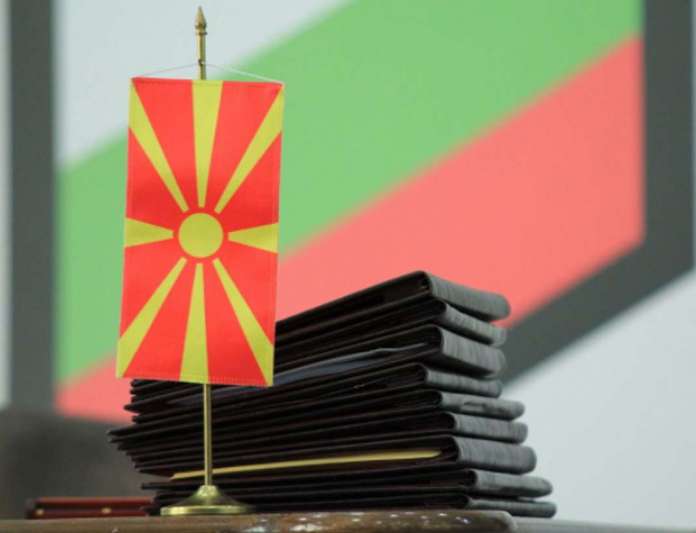Unfortunately, there has been no significant progress in the historical commission meeting between Bulgaria and Macedonia. There is an optimistic step forward, compared to what it was in previous years. And that was at the previous meeting, said Angel Dimitrov, co-chair of the Joint Commission on Historical Issues.
Our first meeting this year in Sofia coincided with the first two days of Russian aggression against Ukraine and it was not so clear what we achieved, but it was not very impressive. It was a common position that we achieved over the years with how to reflect the time of Tsar Samuil and his country in textbooks in Macedonia. However, that does not mean anything. This is just a proposal to the government, and no one can say when it will be realized. Maybe after 2-3, even 10 years, Dimitrov told BNT.
According to him, the last meeting somewhat cooled down the enthusiasm.
On the first day, we reached an agreement on Bogomilism, which is not such an important issue from the point of view of the differences between the two countries. There are enough documents for the Ohrid Archbishopric, as well as for the end of the first Bulgarian Empire and Tsar Samuil, for the Ohrid Archbishopric there are extremely important documents that explain how and why this institution should be organized, said Dimitrov and added that there is no political pressure on the commission from the Bulgarian side. In the collapse of the communist system, the liberated energy was directed not only to the future, but in a sense to the past as well. Macedonia is a typical example that this critical analysis of this connection between history and politics has not yet taken place there. Suffice it to say that when the communist government was established there, there were no professional historians, no historical science. In democratic societies, historians can retaliate against politicians and can be independent and work critically, he said.





Comments are closed for this post.